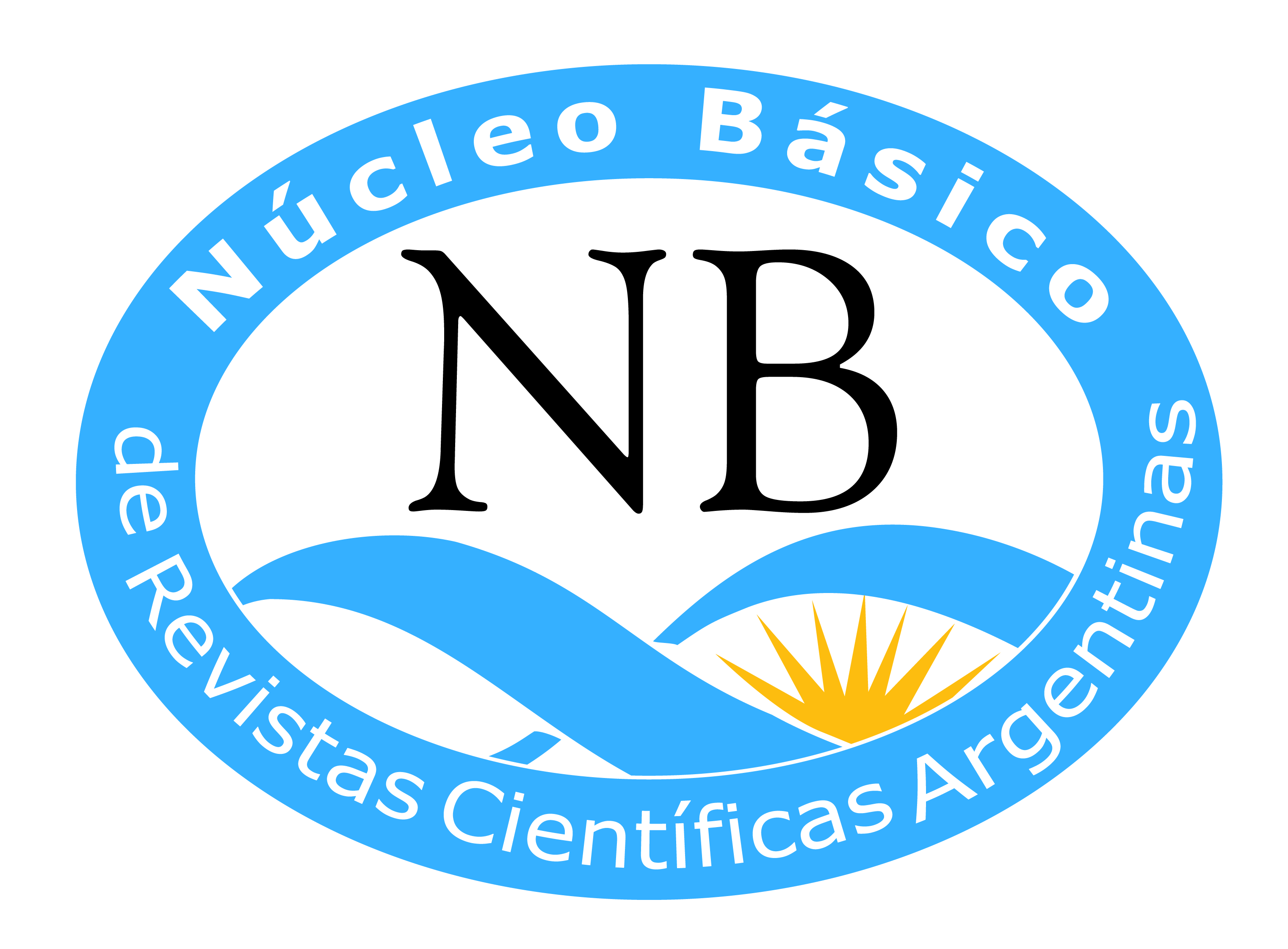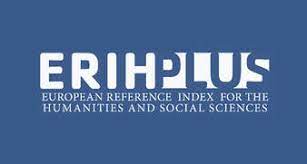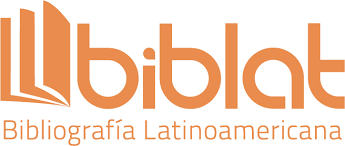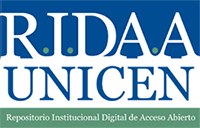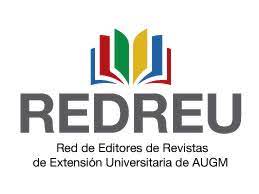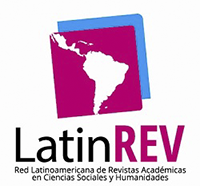La subversión discursiva en el trabajo de extensión.
Disputándole sentidos al neoliberalismo
Resumen
Resumen
El escrito reconstruye la creación y los fundamentos de un periódico audiovisual dentro del espacio de extensión universitaria y su inserción en los medios de comunicación, estableciendo una disputa de sentidos al neoliberalismo que se establecía en la región. Habilita el espacio para multiplicar las voces que se invisibilizan desde los discursos masivos mediáticos intentando dar a conocer sus experiencias, buscando garantizar la plena ejecución de sus derechos. Así se rescata a la Universidad en su función de agente social comprometido con los problemas del mundo contemporáneo.
El espacio mediático es lugar de disputa y lo audiovisual es una herramienta potente de transformación de las grupalidades que la utilizan. Se remarca la importancia de subvertir el mecanismo de construcción discursiva trayendo la voz de los nadies al campo de lo popular (Galeano, E; 1989). La comunicación comunitaria se diferencia de la llamada “comunicación de masas” porque rescata los valores de las propias comunidades e identifica sus particularidades. Para esto, se plantea la necesidad de la deconstrucción del sentido común, construyendo saberes como respuesta a la dominación. Lejos de una posición neutral y aséptica, pensamos al extensionista como un agente social involucrado con la lucha de las minorías que sufren desigualdades, aportando en la tarea de romper los mecanismos de dominación en búsqueda de la liberación de las poblaciones oprimidas. “El único modo de enfrentar la globalización neoliberal es contraponerle la globalización contra hegemónica”, (De Sousa Santos, 2015) y la correspondiente articulación de saberes como propiciadora de la aparición de nuevos saberes.
Abstract.
This article reconstructs the creation and the fundamentals of an audiovisual newspaper within the university extension space and its insertion in the media, establishing a dispute of senses to the neo-liberalism that was established in the region. The newspaper aims atmultiplying the voices that are invisible from mass media discourses, trying to publicize their experiences, seeking to ensure the full execution of rights. This is how the University is rescued as a social agent, committed to the problems of the contemporary world.
The media is a place of dispute and the audiovisual is a powerful tool for transforming the groups that use it. The importance of subverting the mechanism of discursive construction is highlighted by bringing the voice of the “nobodies” to the field of the popular (Galeano, E; 1989). Community communication differs from the so-called "mass communication" because it rescues the values of the communities themselves and identifies their particularities. For this, the need for the deconstruction of common sense is raised, building knowledge in response to domination. Far from a neutral and aseptic position, we think of the extensionist as a social agent involved in the struggle of minorities suffering inequalities, contributing to the task of breaking the mechanisms of domination in search of the liberation of oppressed populations. "The only way to face neoliberal globalization is to counter globalization against the hegemonic", (De Sousa Santos, 2015) and the corresponding articulation of knowledge as a propitiator of the emergence of new knowledge.
Descargas
Los autores conservan la propiedad intelectual de sus artículos, aceptando ceder a Masquedós los derechos para su publicación y garantizando a la revista el derecho de ser la primera publicación del trabajo. Los artículos se encuentran protegidos por una Licencia Creative Commons “Atribución - No Comercial - Compartir Igual CC BY-NC-SA” según se detalla en la Política Editorial. Luego de publicado un artículo, la revista autoriza su reproducción parcial o total siempre que se cite la procedencia mencionando: autor(es), año, título, volumen, número y DOI; y como fuente: Revista Masquedós.
Las opiniones vertidas en los artículos son de exclusiva responsabilidad de los autores y no reflejan necesariamente la posición del equipo de la revista.





